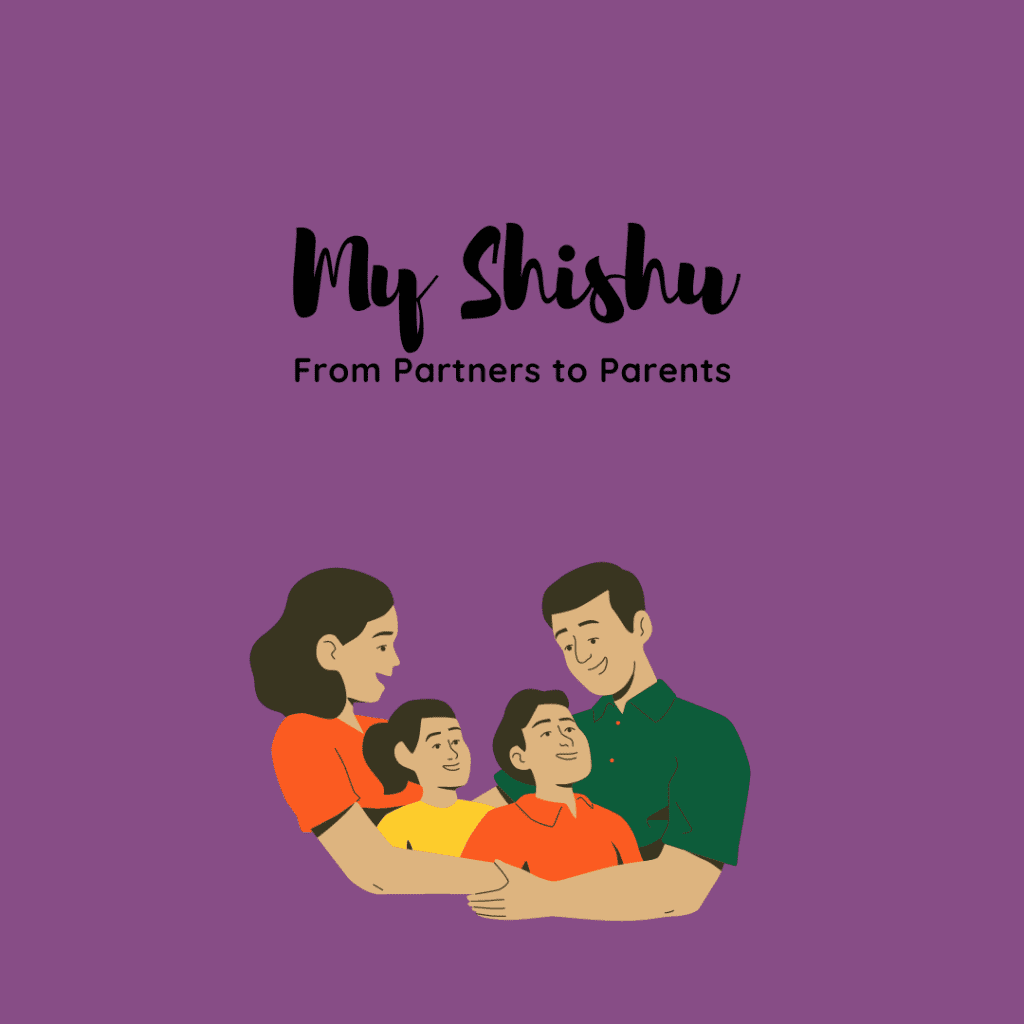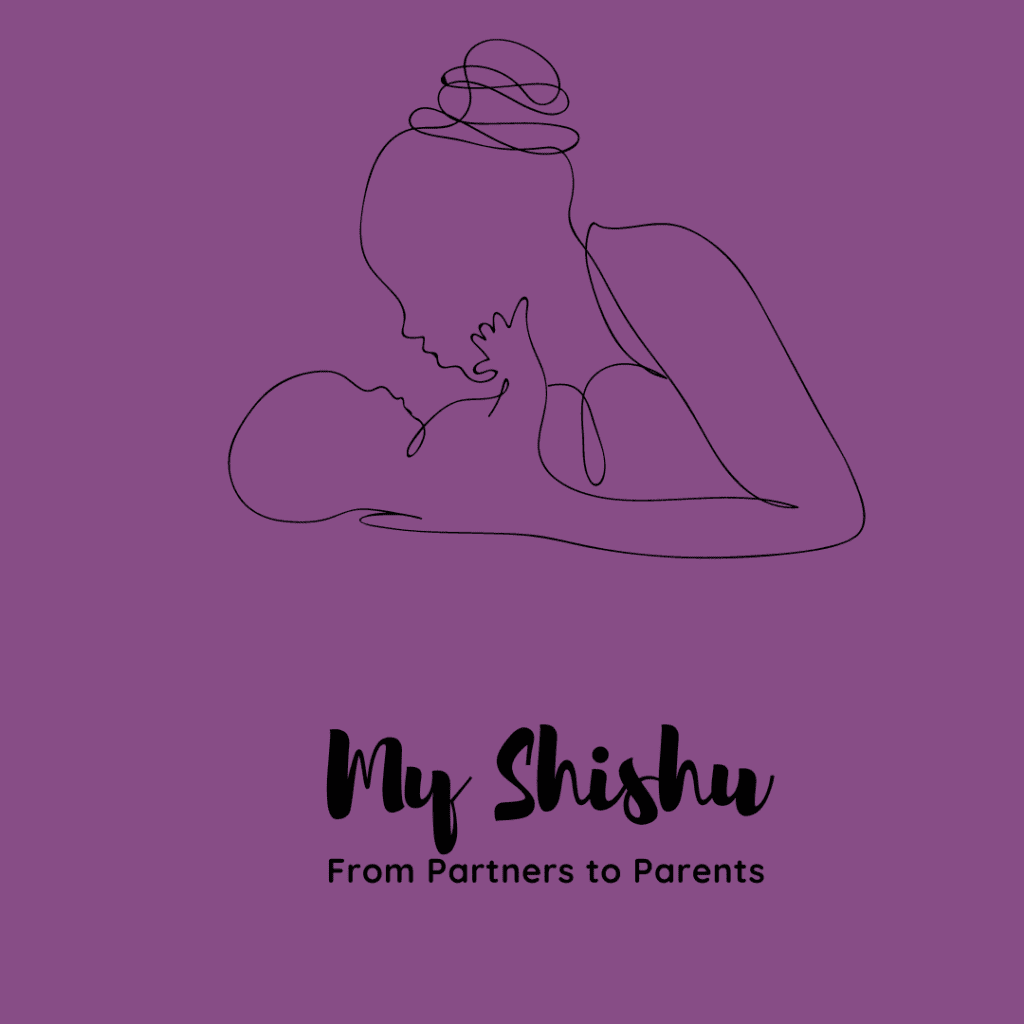When should baby start talking
When should baby start talking
Experiencing the enchantment of your baby’s initial words is an unparalleled joy for parents. But when can you expect this milestone, and how can you support your little one’s linguistic journey? In this blog, “When should baby start talking” with MyShishu, provides insights into speech milestones and offers guidance on nurturing your baby’s communication skills.
Table of Contents
- Deciphering the Timeline: Unveiling the Onset of Baby Babble
- Word Count Wisdom: Evaluating Your Baby’s Verbal Lexicon
- Factors Influencing Speech Development: Beyond the Babbling Stage
- Navigating the Pandemic Pause: Understanding the Influence of COVID-19 on Speech Development
- Debunking Myths: When should baby start talking
- Crafting a Symphony of Speech: When should baby start talking
- Tech and Talk: Selecting Toys and Apps for Speech Growth
- When to Seek Help: Signs of Speech Development Concerns
- Embracing Progress: A Symphony of Unique Speech Journeys
- Bonus Section: A Mental Workout for Parents
Deciphering the Timeline: Unveiling the Onset of Baby Babble

1. Initiating the Vocal Prelude: When should baby start talking
- Most babies vocalize their inaugural word between 12 and 18 months.
- Preliminary verbal cues, however, emerge shortly after birth, featuring cooing and the radiant expressions of a smiling baby.
2. Achievements Across the Months: When should baby start talking
- Birth to 3 Months: Cooing sounds set the stage for early communication.
- 4 to 6 Months: The symphony expands with laughter, giggles, and playful sounds.
- 12 Months: Strings of sounds like ba-ba-ba-ba-ba or da-da-da-da-da enter the auditory scene.
- 12 to 18 Months: Single words make their debut, with babies naming familiar people and objects.
3. Beyond the First Year: The Ongoing Evolution of Speech: When should baby start talking
- 12 to 18 Months: The prevalence of single words increases.
- Age 2: Two-word phrases emerge, such as “Dog sit” or “Mommy go.”
- Age 3: A vast vocabulary unfolds, accompanied by the introduction of three-word phrases.
- Subsequent years witness the gradual formation of longer and more complex sentences.
“There are no words that can describe the euphoria you feel when your baby recognizes you for the first time and smiles.”
—Jared Padalecki
Word Count Wisdom: Evaluating Your Baby’s Verbal Lexicon
1. At 18 Months: When should baby start talking
- Babies may articulate between 10-50 words, but developmental nuances exist.
- The emphasis should be on continuous growth rather than a rigid word count.
2. Age 2: When should baby start talking
- By age 2, children are anticipated to possess a burgeoning vocabulary.
- Consult your pediatrician if your child has not reached approximately 50 words by this age.
Factors Influencing Speech Development: Beyond the Babbling Stage

1. Medical Considerations: When should baby start talking
- Conditions such as Autism Spectrum Disorder, Cerebral palsy, Down syndrome, or hearing impairment may impact language development.
2. Environmental Impact: When should baby start talking
- The linguistic environment plays a pivotal role. A rich exposure to language fosters timely speech development.
Navigating the Pandemic Pause: Understanding the Influence of COVID-19 on Speech Development
While research on masks’ direct impact is limited, face time remains crucial. Loeffler recommends:
- Prioritize mask-free interactions to facilitate visual cues and facial expression learning.
- Encourage safe playdates for social interaction, essential for speech development.
Debunking Myths: When should baby start talking
Contrary to myths, bilingualism doesn’t cause speech delays. Loeffler emphasizes that bilingual children follow developmental norms, combining their vocabulary in both languages.
“What good mothers and fathers instinctively feel like doing for their babies is usually best after all.”
—Benjamin Spock
Crafting a Symphony of Speech: When should baby start talking
1. Engage in Face Time:
- Babies learn language by watching and imitating facial expressions.
- Regular, mask-free interaction aids speech and expression development.
2. Narrate Daily Activities:
- Parallel talk enhances vocabulary. Describe activities as you perform them, facilitating language absorption.
3. Embrace the Power of Play:
- All play contributes to language development. Babies imitate actions and words during play, a crucial aspect of speech growth.
4. Amplify Reading and Rhymes:
- Reading, singing, and nursery rhymes capture attention, associating movement with words.
Tech and Talk: Selecting Toys and Apps for Speech Growth
Loeffler suggests cause-and-effect toys:
- Examples include balls descending slides or stuffed animals popping from boxes.
- Face-to-face interaction remains paramount for app engagement, bridging digital and real-world communication.

When to Seek Help: Signs of Speech Development Concerns
Consult your pediatrician if your baby:
- Shows disinterest or fails to communicate gestures by 15 months.
- Lacks varied sounds and word imitation by 18 months.
- Struggles to follow simple directions or form two-word phrases by age 2.
Embracing Progress: A Symphony of Unique Speech Journeys
Celebrating each word, whether early or delayed, is vital. Embrace your child’s linguistic odyssey, recognizing that every step contributes to their distinct speech melody. If concerns arise, early intervention ensures a thriving speech development path for your little one.
Bonus Section: A Mental Workout for Parents
1. Riddle Challenge:
- I am taken more, yet I leave more behind. What am I?
- Answer: Footsteps.
2. Quick Quiz Moment:
- Which of the following is a common cause of out-toeing in toddlers?
- a) Arch formation
- b) Shinbone twist
- c) Hipbone stability
- Answer: b) Shinbone twist.
Unlock the world of words with your baby and revel in the unique cadence of their evolving speech!
Celebrate each step of your child’s journey and remember that parenting is an ever-evolving adventure. Stay tuned for more insightful blogs from MyShishu!
Explore our range of courses on new-age parenting at New-Age Parenting | Modern Parenting Styles | MYSHISHU.
For additional parenting insights and valuable information, check out our blog “Cry, Feeding and Weaning of Newborn Baby” at Cry, Feeding and Weaning of Newborn Baby – My Shishu.
Hope you’ve enjoyed the blog “When should baby start talking”. Happy Parenting!











